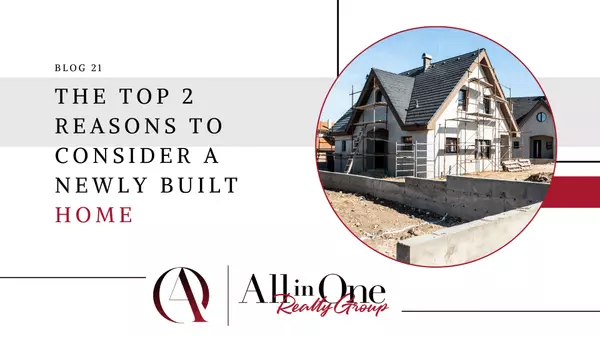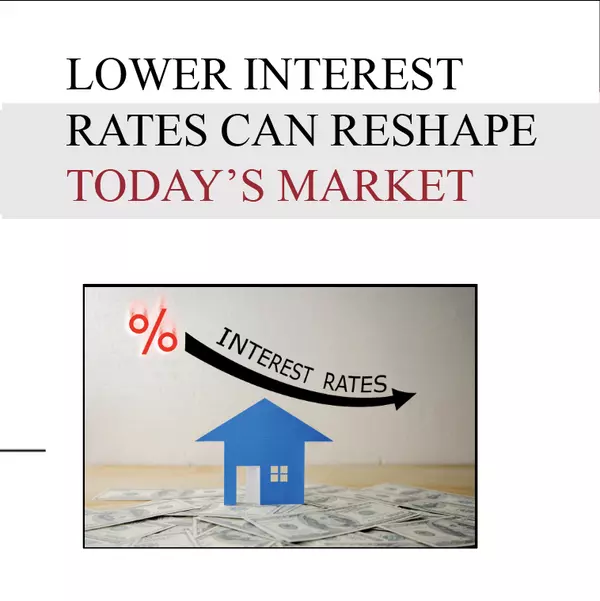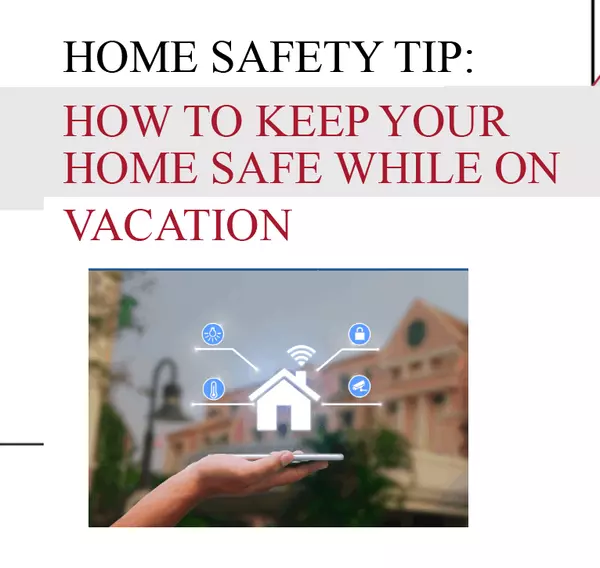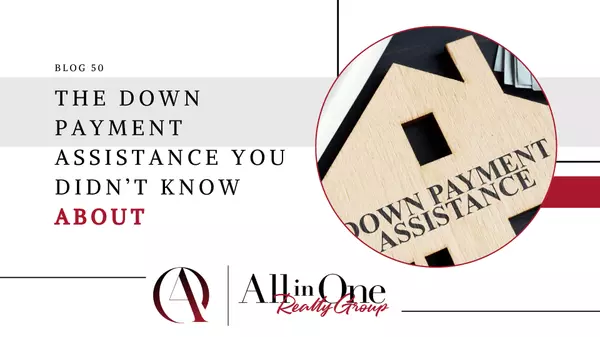
The Top 2 Reasons To Consider a Newly Built Home
A trusted real estate agent can help walk you through these two reasons you may want to reconsider that. 1. Adding Newly Built Homes Could Give You More Options There are two types of homes on the market: new and existing. A newly built home refers to a house that was just built or is under construc

Is It Easier To Find a Home To Buy Now?
One of the biggest hurdles buyers have faced over the past few years has been a lack of homes available for sale. But that’s starting to change. The graph below uses the latest data from Realtor.com to show there are more homes on the market in 2024 than there have been in any of the past several y

The Best Week To List Your House Is Almost Here
Are you thinking about making a move? If so, now may be the perfect time to start the process. That’s because experts say the best week to list your house is just around the corner. A recent Realtor.com study looked at housing market trends over the past several years (with the exception of 2020, s
Categories
Recent Posts












